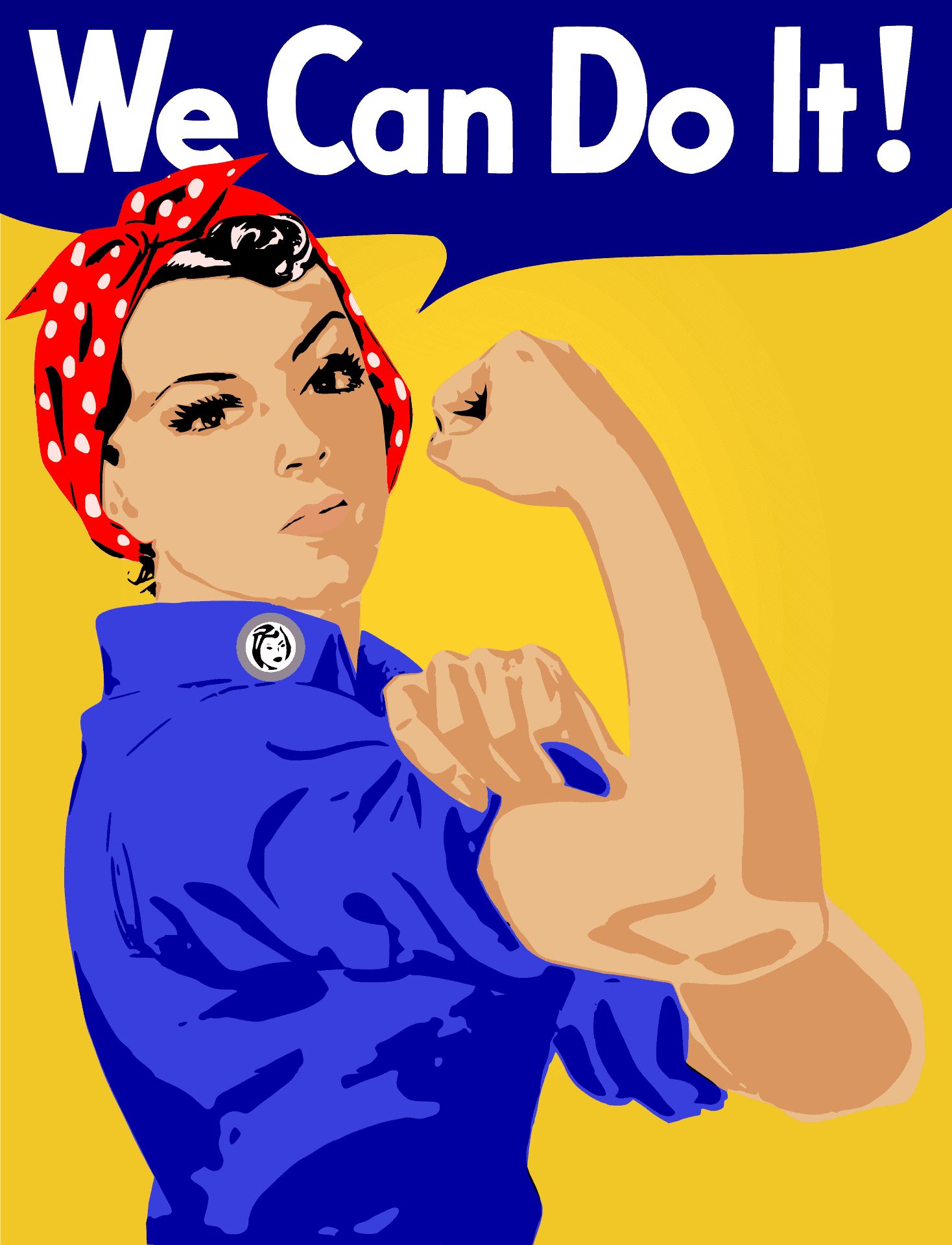Celebrating women
“Women, like men, should try to do the impossible. And when they fail, their failure should be a challenge to others.” – Amelia Earhart
International Women’s Day, which falls on March 8, is a global event celebrating the economic, social, and political achievements of women and calling for change and equality.
International Women’s Day trivia
- The first International Women’s Day was held on March 19, 1911 in Austria, Denmark, Germany, and Switzerland.
- International Women’s Day takes place every year on March 8.
- Women still struggle with gender equality, of which equal pay and upper management positions are an issue. In 2014, women were 47.2 per cent of the workforce.
Note: Information referenced from Status of Women Canada and newswire.ca.
Fight for your rights: women’s right to vote
It was only in 1916 that Albertan women could vote in provincial elections. Effective 1919, most Canadian women could vote in federal elections, although there were conditions attached. In 1929, through the efforts of the Famous Five, a group of Canadian women were instrumental in overturning the Supreme Court’s definition of a “person”. Before their work, a “person” did not include individuals of a feminine gender.
The rights all women now enjoy have been in effect for less than a century. On March 8, take a moment to appreciate the huge battle historical women fought.
Timeline on women’s right to vote
Provincial voting rights
- 1916: Manitoba, Saskatchewan, and Alberta
- 1917: British Columbia and Ontario
- 1918: Nova Scotia
- 1919: New Brunswick and Yukon
- 1922: Prince Edward Island
- 1925: Newfoundland and Labrador
- 1940: Quebec
- 1951: Northwest Territories
Federal voting rights
- 1918: Women over the age of 21 receive the right to vote federally. In effect on Jan. 1, 1919. Conditions attached: “age 21 or older, not alien-born and meet property requirements in provinces where they exist.”
- 1919: Women can run for federal elections.
- 1920: Federal electoral law changes include universal right to vote for men and women regardless of provincial law.
Famous trailblazers
“Women hold up half the sky. — Mao Zedong
Emily Howard Stowe: In 1868, Stowe became the first woman to practice medicine in Canada.
Marie Curie: famous for her work in radioactivity, Curie won the Nobel Prize in both Chemistry (1911) and Physics (1903).
Eileen Vollick: In 1928, she became the first Canadian woman to earn a private pilot’s licence.
Mary Pickford: Toronto-born Pickford was a famous silent movie star and in 1929, was the first Canadian-born woman to receive an Academy Award.
The Famous Five: Nellie McClung, Emily Murphy, Henrietta Muir Edwards, Louise McKinney, and Irene Parlby.
These women forged a path for women’s rights in Canada. In 1929, through their efforts, the Supreme Court overturned its decision on the definition of a person, which now includes persons of the female gender.
Amelia Earhart: In 1932, Earhart was the first woman to fly solo across the Atlantic Ocean.
Emily Carr: famous Canadian artist and writer, known for her vivid paintings of the natural world.
Mary Greyeyes-Reid: In 1942, she joined the Canadian Women’s Army Corps. She was the first First Nations woman to do so.
Rosemary Brown: the first black woman to serve office in a provincial government as an MLA for the NDP party from 1972-1986.
Sharon Wood: In 1986, Wood, a Canadian mountaineer, became the first North American woman to climb Mount Everest.
Roberta Bondar: In 1992, Bondar was the first Canadian female astronaut in space.
Kathryn Bigelow: In 2009, she was the first woman to receive an Oscar for best director for the movie The Hurt Locker.
Malala Yousafzai: A Pakistani activist who campaigns for women’s rights to education, she survived being shot in the head by the Taliban. She is also the youngest person to receive the Nobel Peace Prize, awarded to her in 2014.
Talea Medynski is the Rat Creek Press editor. She loves sharing the stories of our diverse neighbourhoods.







